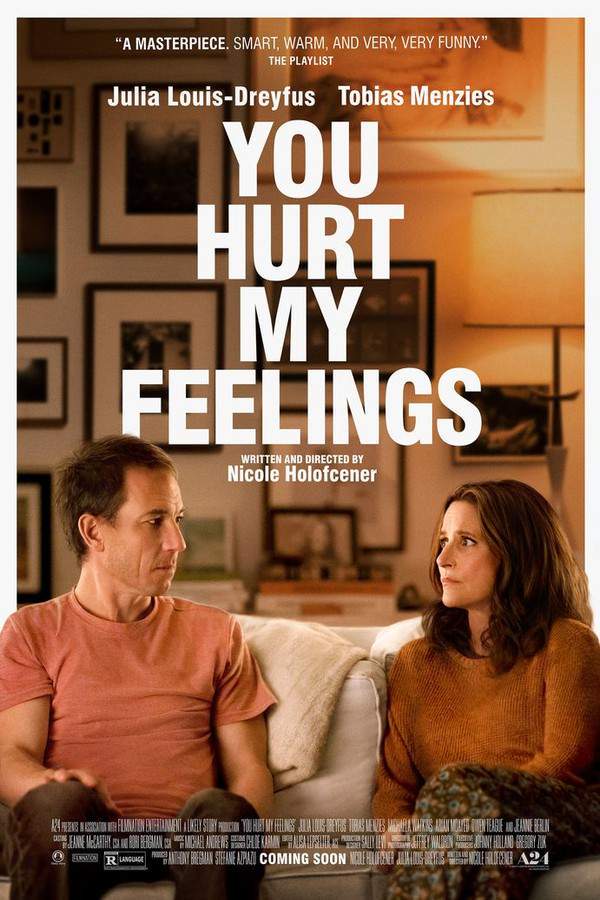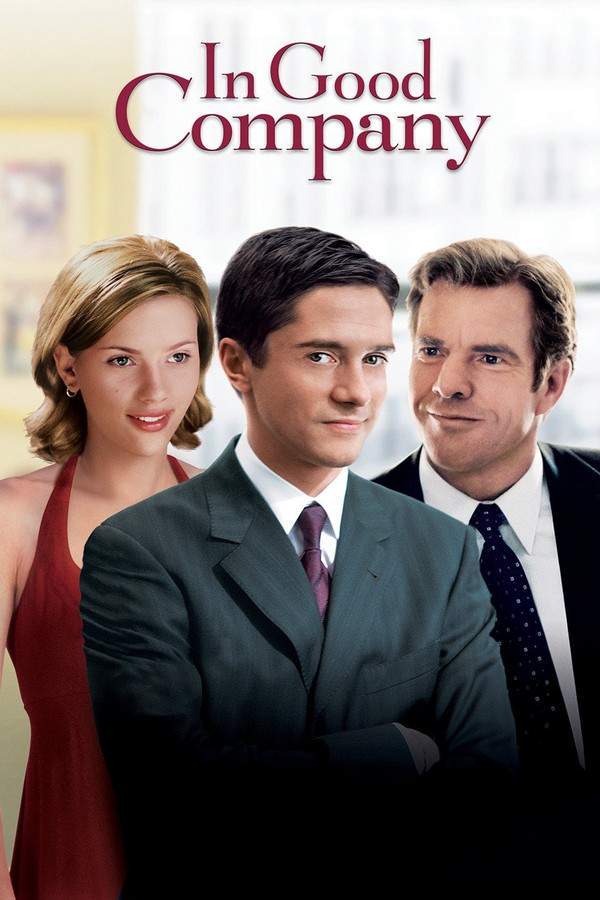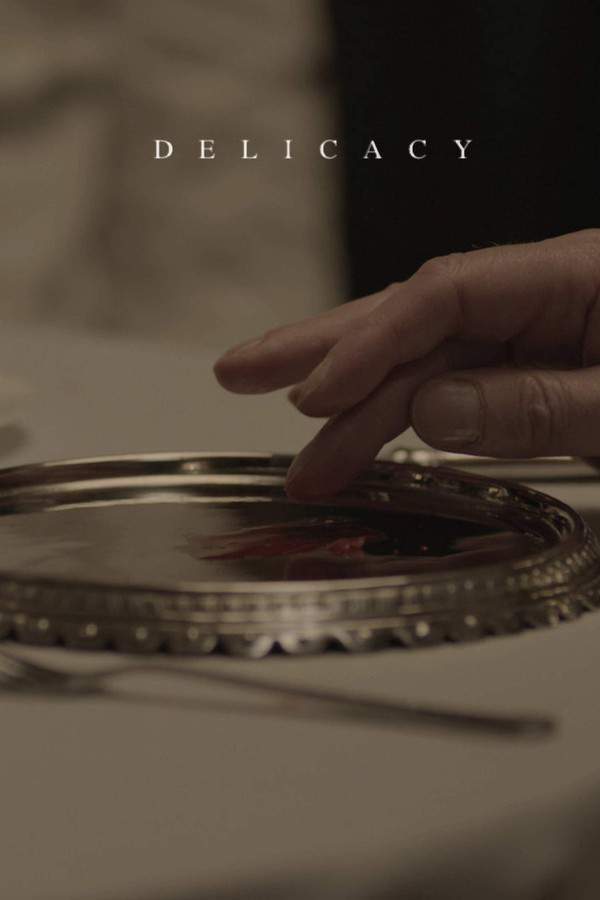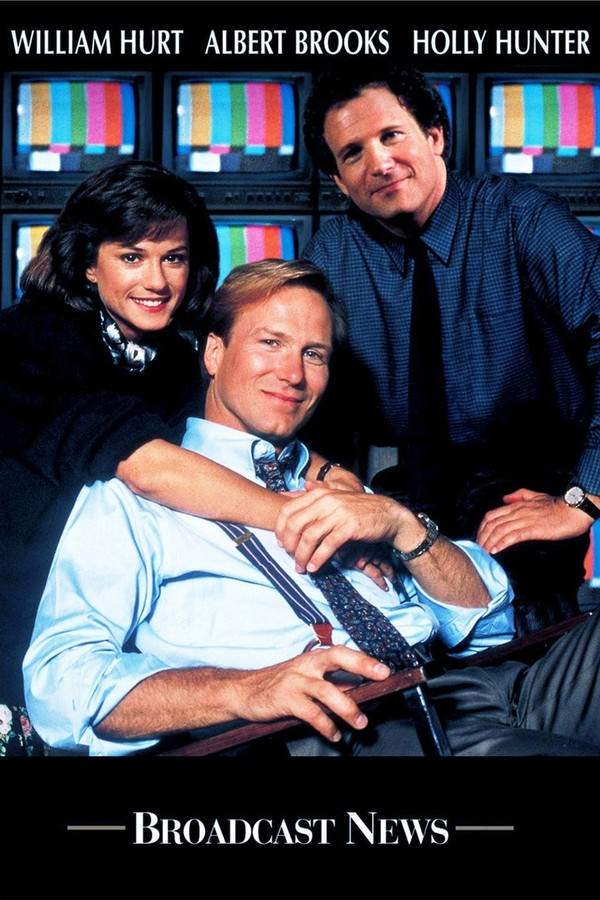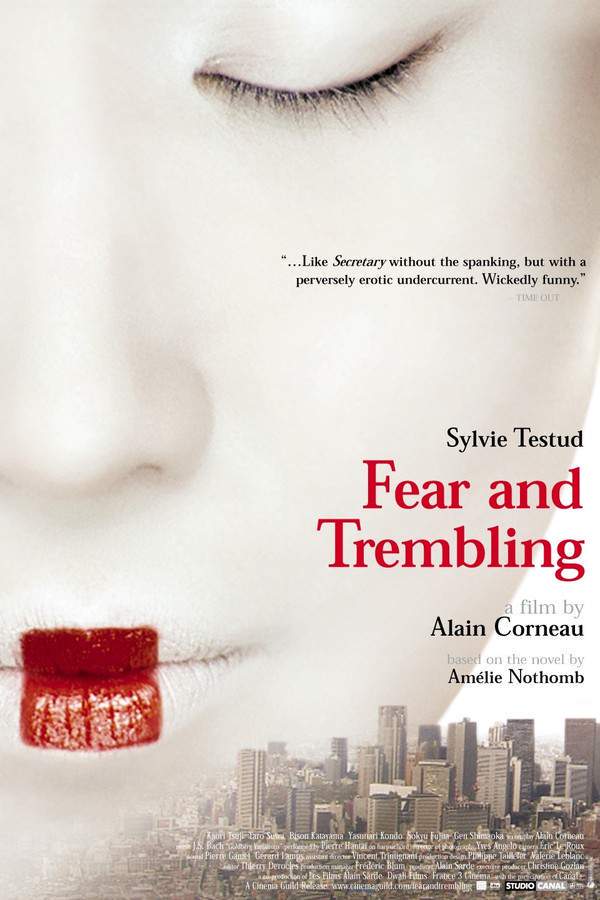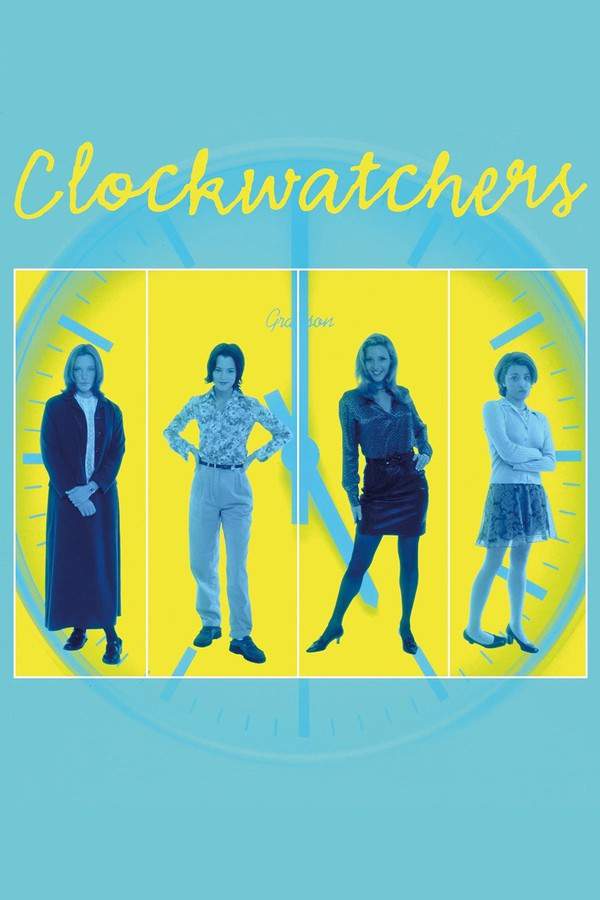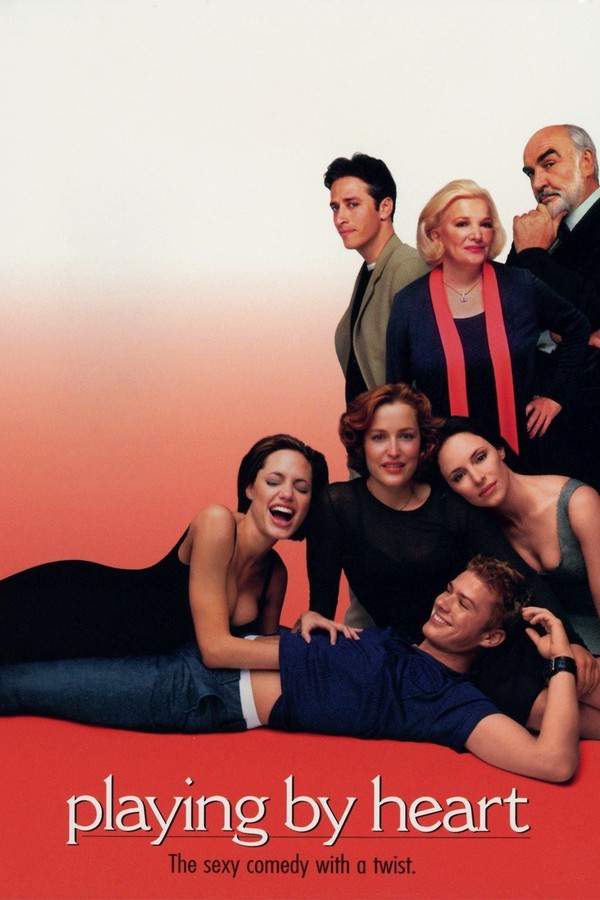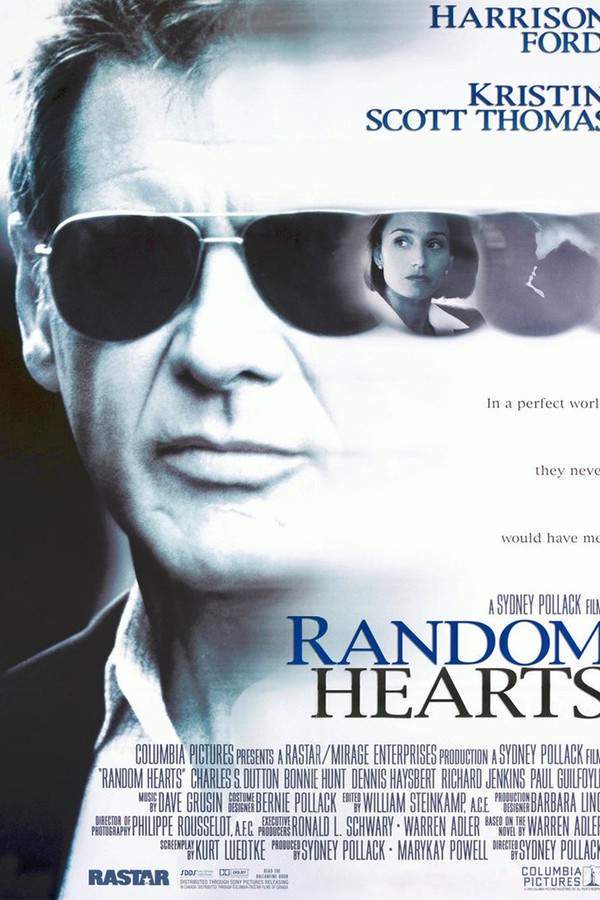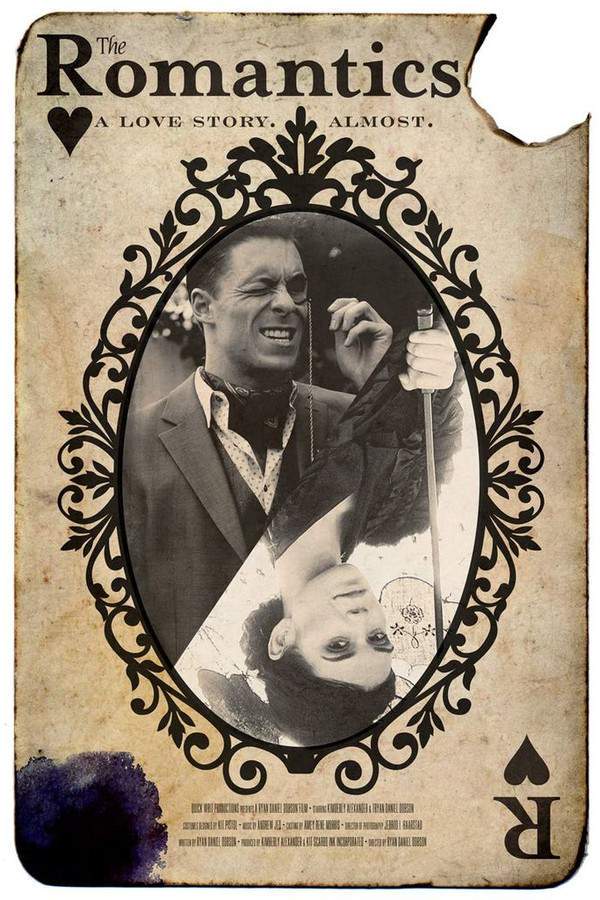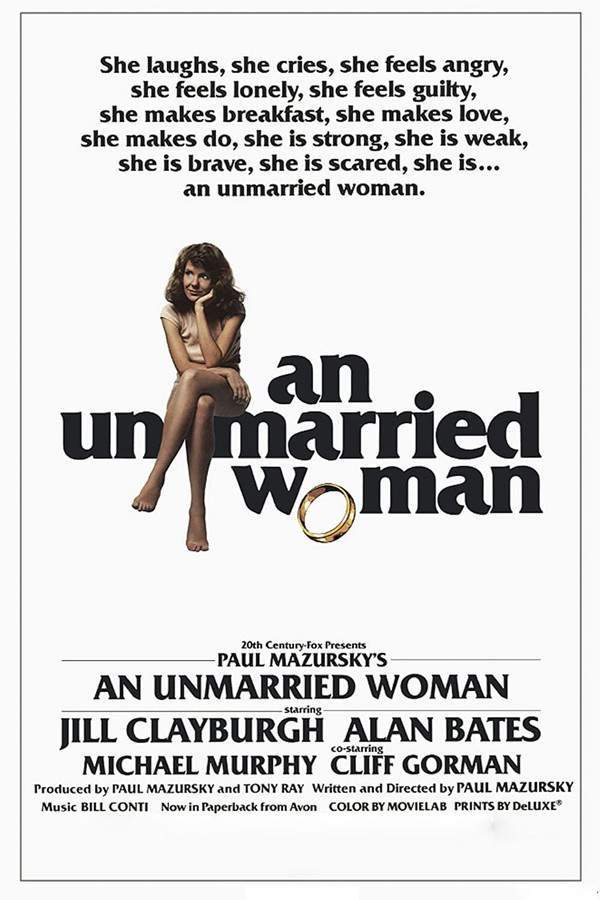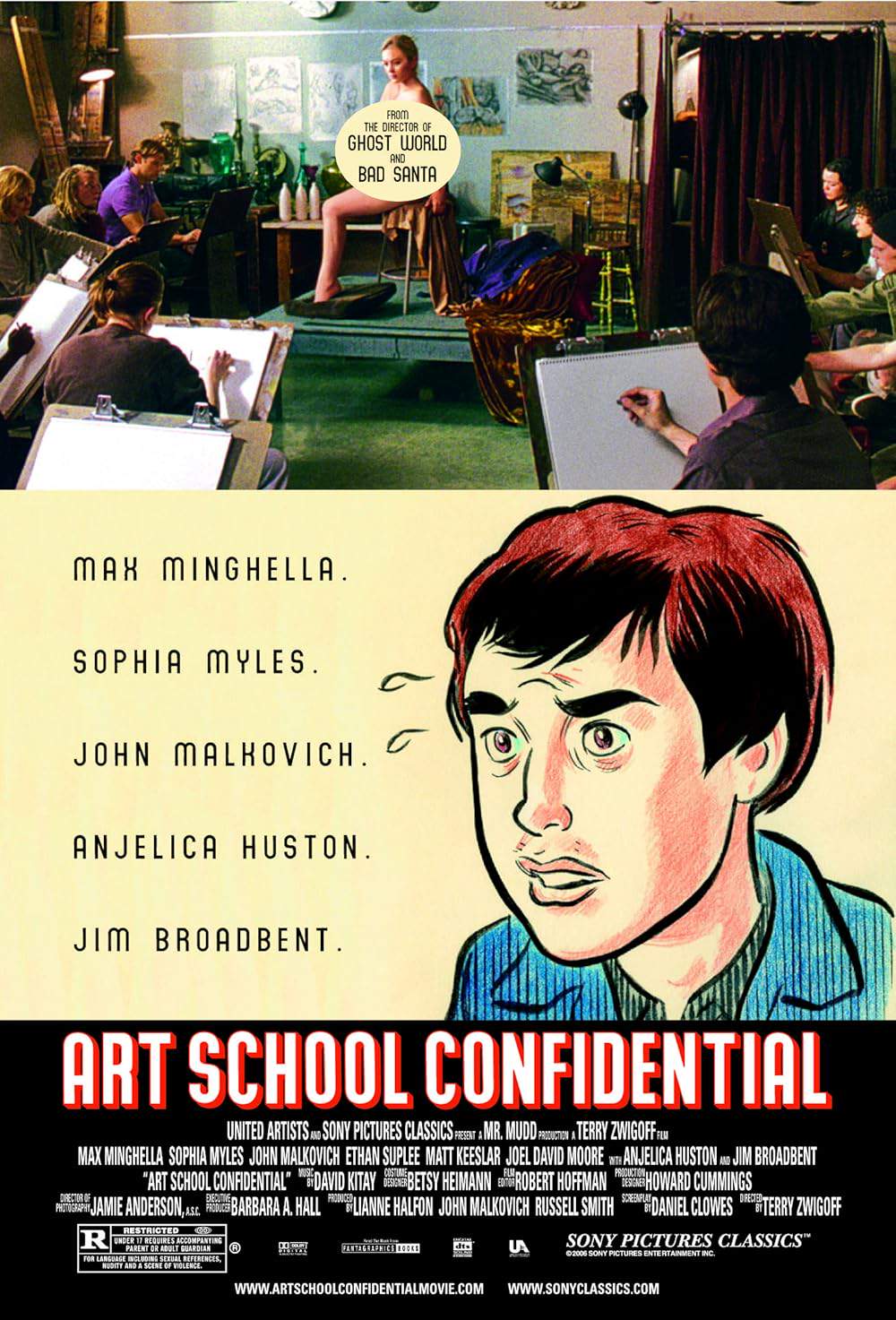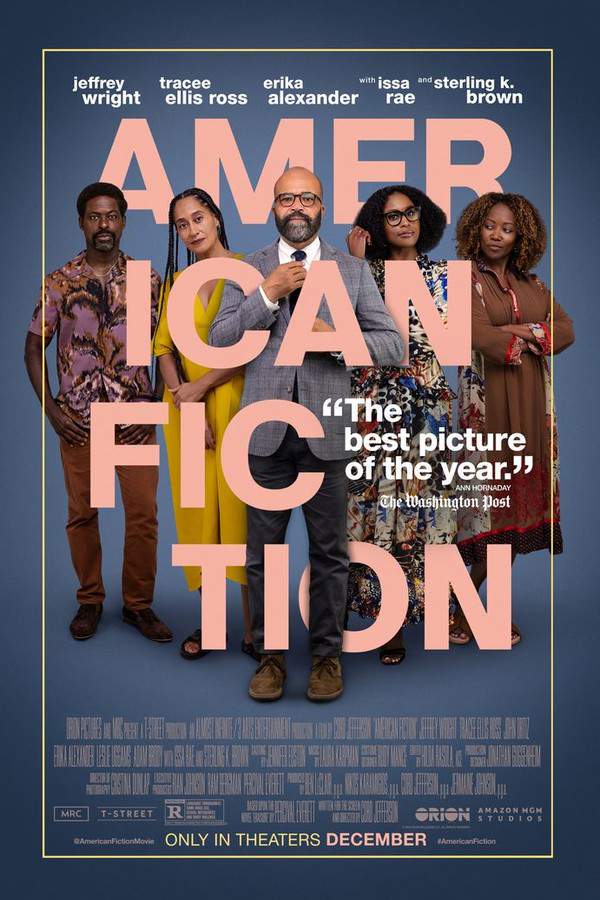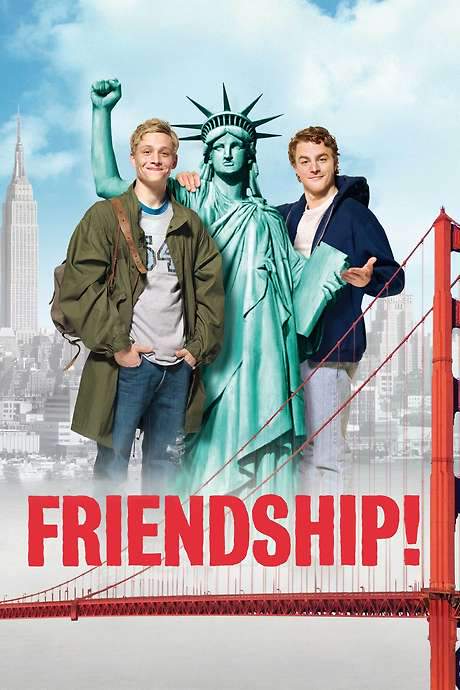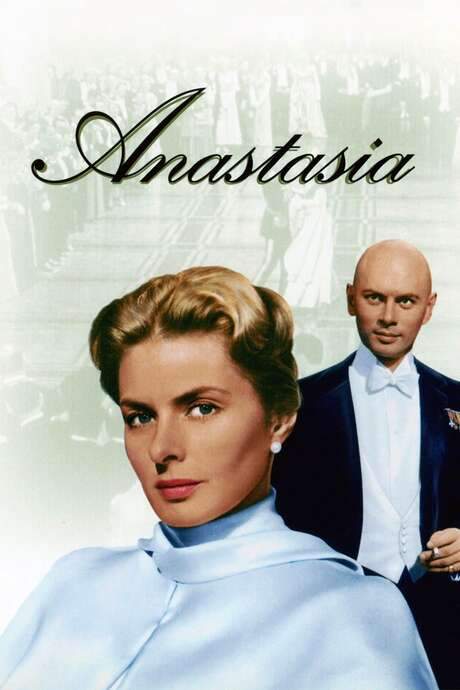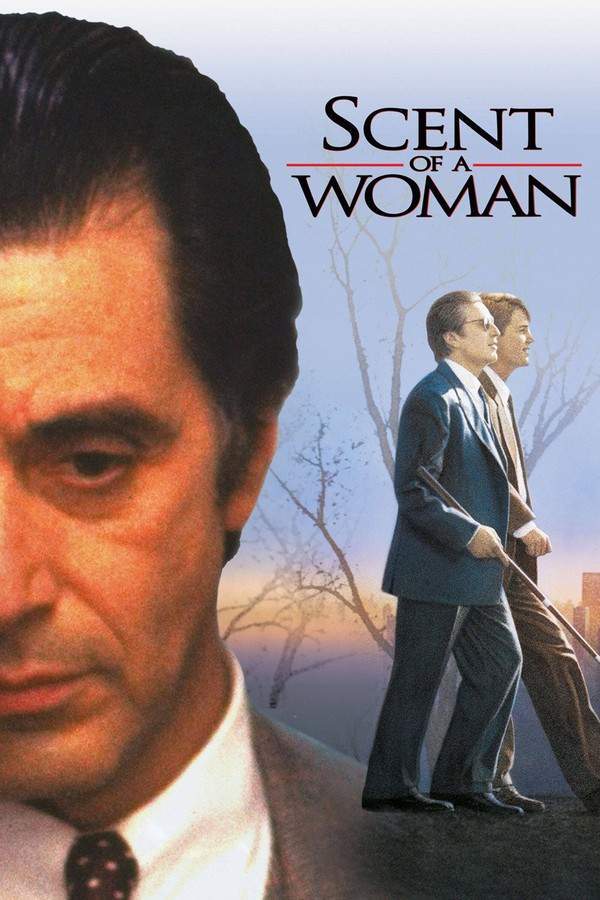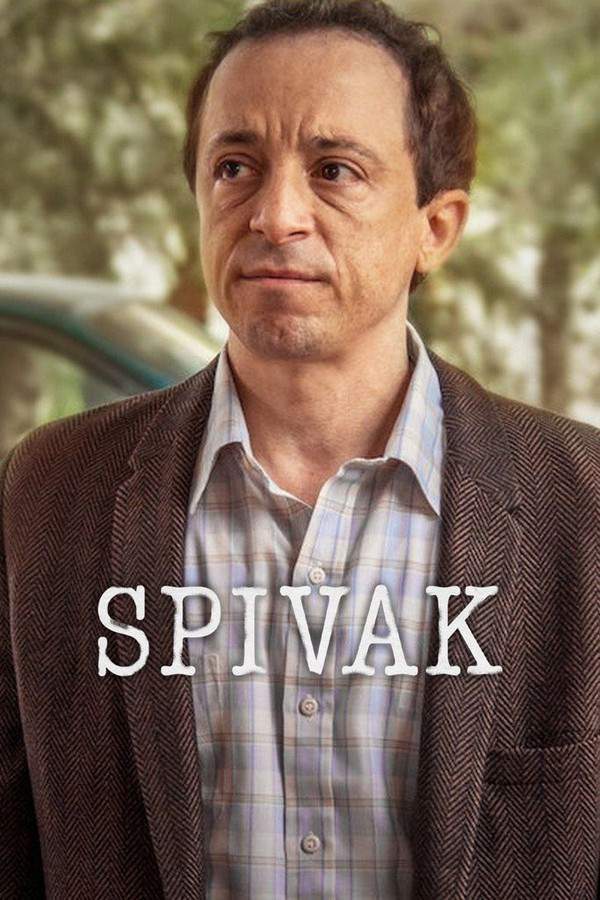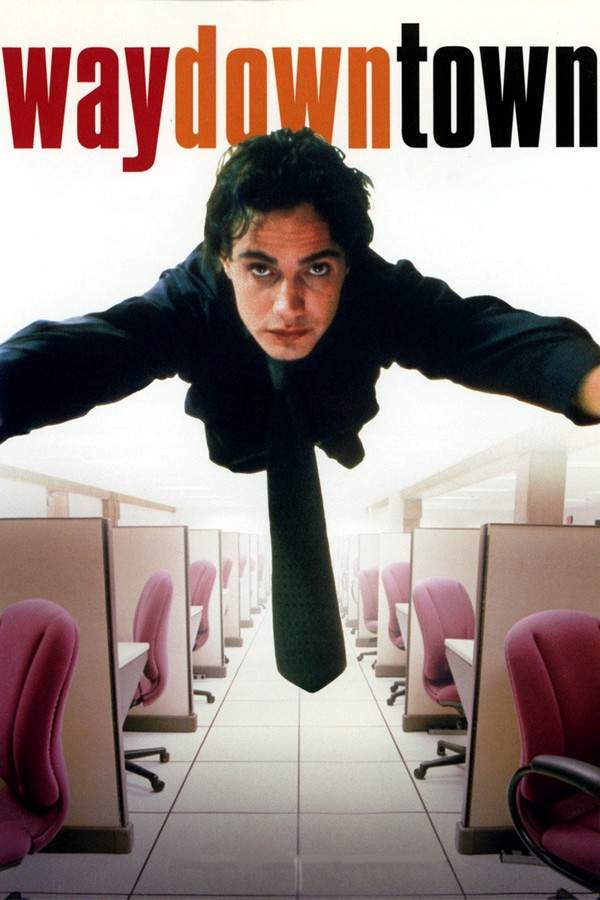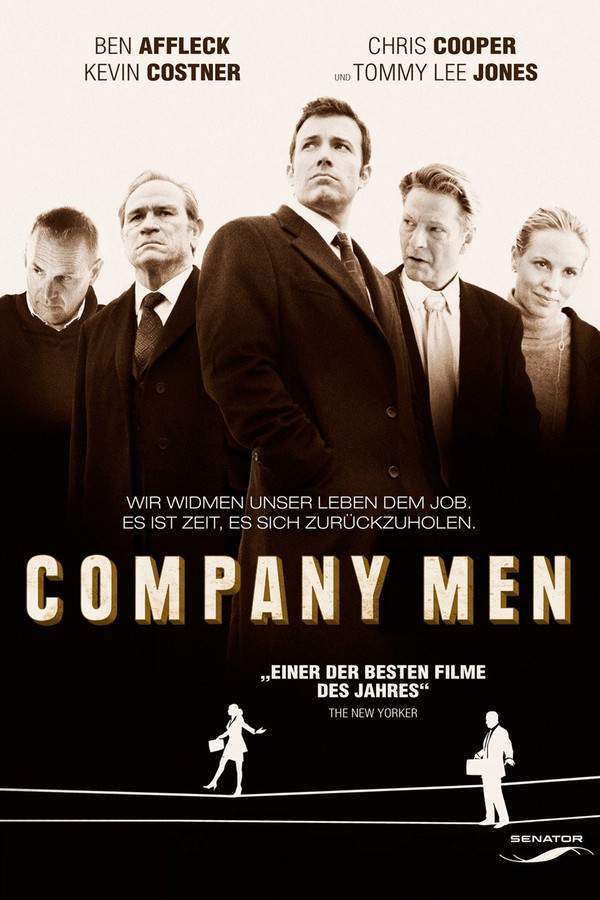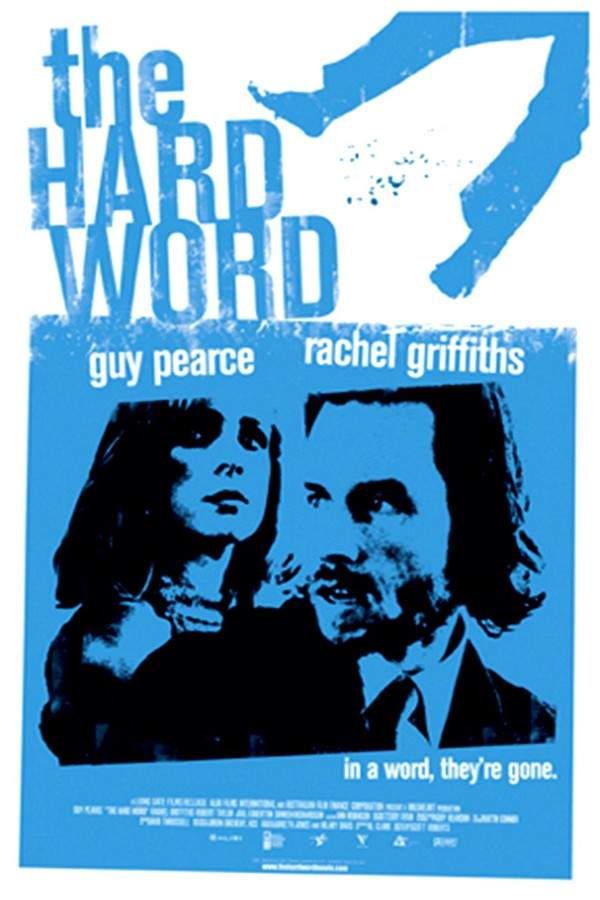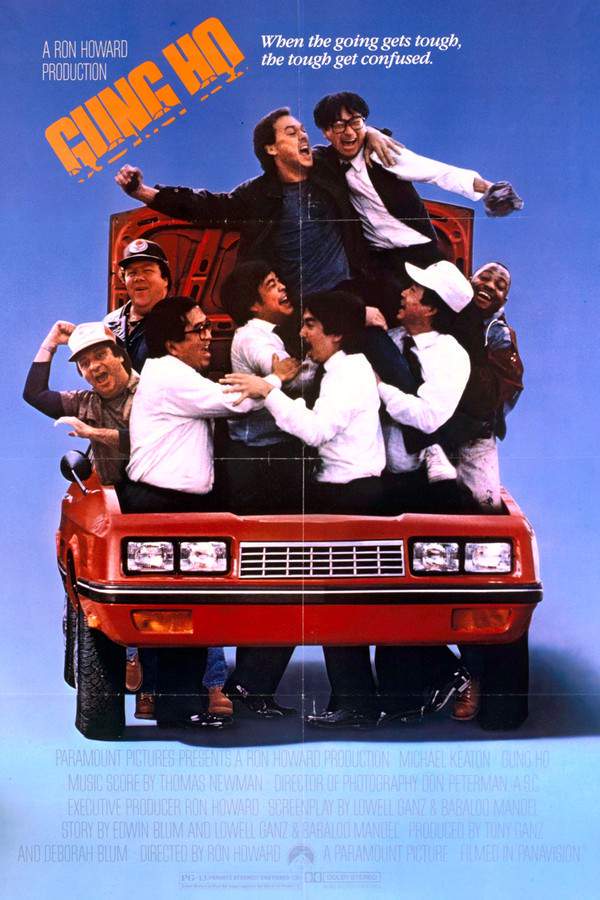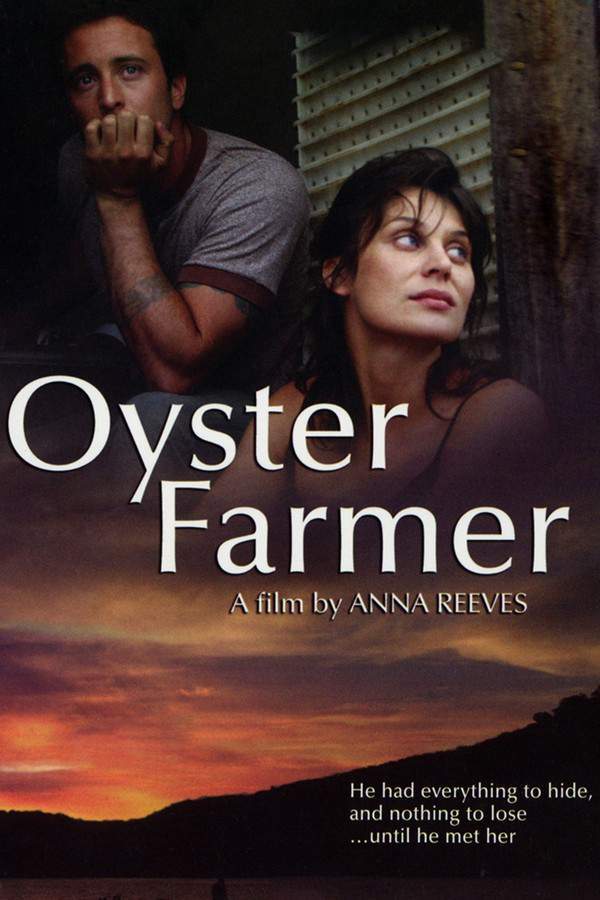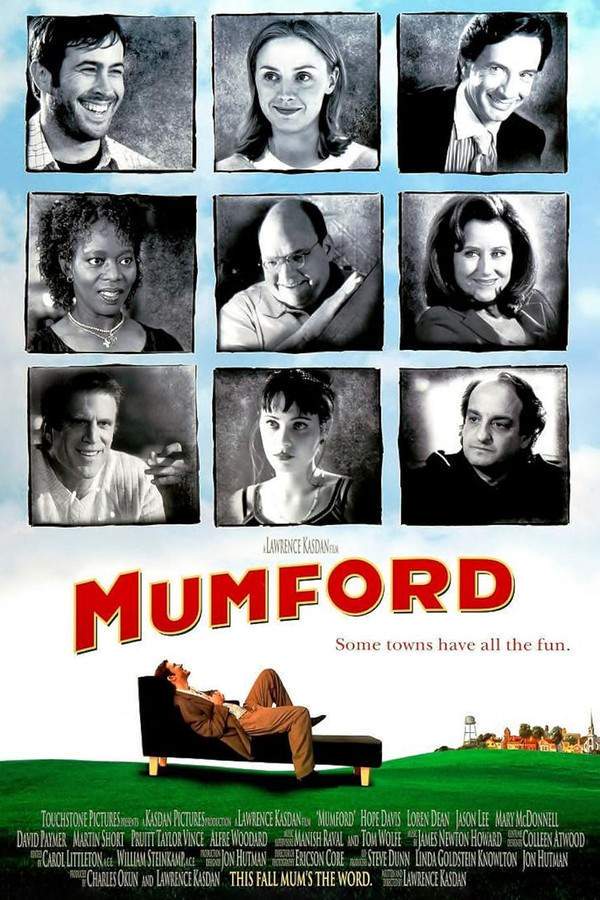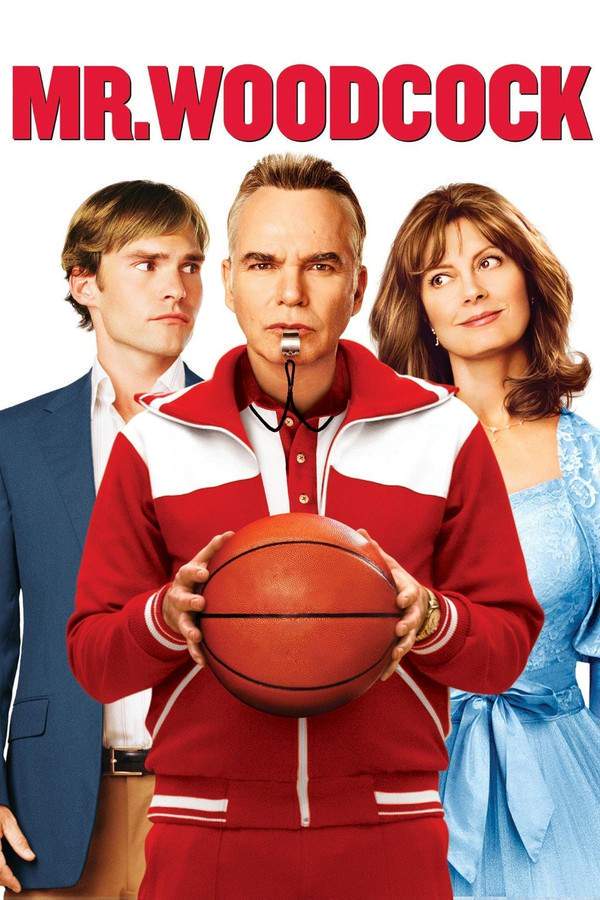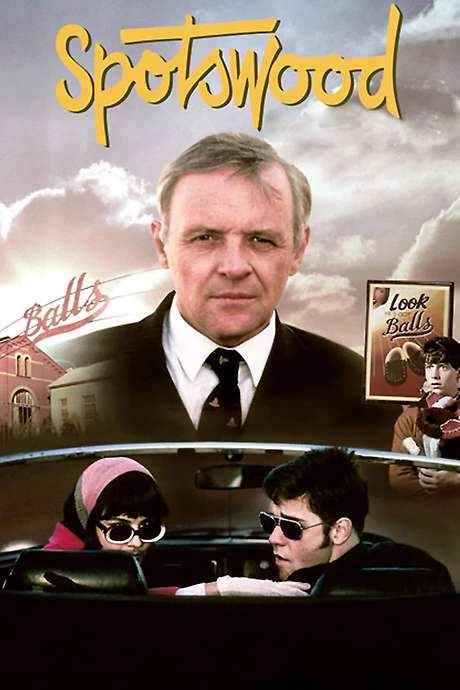
Spotswood
Year: 1991
Runtime: 95 mins
Language: English
Director: Mark Joffe
Wallace, a sharp efficiency consultant overseeing the high‑profile layoffs of a large auto‑parts plant, is hired to assess a struggling moccasin workshop that feels stuck in another era. As he pushes for rapid modernization, he confronts the human cost of his own recommendations, forcing him to weigh loyalty, betrayal, desire, and the personal impact of change.
Warning: spoilers below!
Haven’t seen Spotswood yet? This summary contains major spoilers. Bookmark the page, watch the movie, and come back for the full breakdown. If you're ready, scroll on and relive the story!
Spotswood (1991) – Full Plot Summary & Ending Explained
Read the complete plot breakdown of Spotswood (1991), including all key story events, major twists, and the ending explained in detail. Discover what really happened—and what it all means.
In Melbourne, Errol Wallace, [Anthony Hopkins], is a financial business consultant hired by the board of Durmack, an automotive components manufacturer, to assess a large-scale workforce redundancy and he recommends major layoffs.
Balls, a moccasin factory located in the Melbourne suburb of Spotswood, is his next client. Mr. Ball, [Alwyn Kurts], the owner, is affable and treats his employees benevolently. Wallace on a factory tour finds the conditions wanting with shabbiness, old machinery and the workers’ lackadaisical attitude.
A young worker at Balls, Carey, [Ben Mendelsohn], who is finding his place in the world and life, is asked by Wallace to assist in his review, compiling worker condition and performance information. Carey is reluctant until he learns that Mr. Ball’s daughter Cheryl, [Rebecca Rigg], whom he fancies, is part of the review staff.
Wallace learns that there is an instigator in the midst, his colleague Jerry, [John Walton], who leaks the Durmack report, inflating the quantity of sackings as a means to demoralise the union.
Kim Barry, [Russell Crowe], a salesman at Balls who also has his sights set on the boss’s daughter, shows his ruthlessness and ulterior motives when he comes to Wallace’s home one night with a complete set of the company financial records that detail non-existent profit for years and reveal that Ball has been selling off company assets to keep the outfit afloat.
Wallace realises that whatever productivity improvements have been implemented are not enough to save the company even with an elimination of workers and yet that is his recommendation. Mr. Ball responds, > “It’s not just about dollars and cents. It’s about dignity, treating people with respect.”
Wallace’s mindset starts to change when his car is vandalised and some Ball workers come to his aid, workers who then start to include him in their off-hours activities. Mr. Ball announces the work force redundancies and Wallace is clearly uncomfortable seeing them, knowing that it was his recommendation that sealed their fate.
The union at Durmack capitulates and management celebrates with a party during which Wallace becomes further disenchanted by what he sees as the rash sackings. He then realises that Balls may have a competitive advantage that could potentially make the company profitable. If Balls stop trying to compete on price on a few products, but instead have a very large product range, then all the perceived inefficiencies (old machinery and a large number of highly skilled experienced workers), become opportunities for growth.
Carey realises he has feelings for his work mate and friend Wendy, [Toni Collette], and together they climb up onto the roof of the factory and hold hands. In the final shot, they look out over the West Gate Bridge, which opened in 1978 — an ending which deliberately leaves it ambiguous as to when the film is actually set.
Last Updated: October 09, 2025 at 15:00
Explore Movie Threads
Discover curated groups of movies connected by mood, themes, and story style. Browse collections built around emotion, atmosphere, and narrative focus to easily find films that match what you feel like watching right now.
Heartfelt Workplace Dramedies like Spotswood
Stories where the soul of a workplace is more important than its bottom line.If you liked the warm, human-centric drama of Spotswood, explore more movies that find humor and heart in workplace dynamics. These films focus on community, moral dilemmas, and personal transformation within the unique culture of a specific job or factory.
Narrative Summary
The narrative often centers on an outsider or a force of change entering a well-established, often eccentric, workplace. Through their interactions, both the protagonist and the community are transformed, leading to a reevaluation of what truly gives work and life meaning.
Why These Movies?
These films are grouped together for their shared focus on the delicate balance between efficiency and humanity, their bittersweet tone that mixes humor with serious themes, and their steady, character-driven pacing that allows relationships to develop authentically.
Bittersweet Transformation Stories like Spotswood
Character arcs where profound personal change comes with a cost.For fans of Spotswood's character-driven story, this list features movies about personal reevaluation and growth. These films explore characters who question their life's path, leading to bittersweet transformations that are realistically messy and emotionally resonant.
Narrative Summary
A protagonist, usually competent but emotionally detached, is thrust into an environment that challenges their core values. Through a series of interactions and conflicts, they experience doubt and growth, culminating in a change that is impactful yet leaves some questions unanswered, reflecting the complexity of real life.
Why These Movies?
This thread connects films through a specific character arc pattern: the meaningful but imperfect transformation. They share a medium intensity and complexity, a steady pacing that allows for reflection, and an ending feel that is more ambiguous than purely happy, focusing on the journey over a neat conclusion.
Unlock the Full Story of Spotswood
Don't stop at just watching — explore Spotswood in full detail. From the complete plot summary and scene-by-scene timeline to character breakdowns, thematic analysis, and a deep dive into the ending — every page helps you truly understand what Spotswood is all about. Plus, discover what's next after the movie.
Spotswood Timeline
Track the full timeline of Spotswood with every major event arranged chronologically. Perfect for decoding non-linear storytelling, flashbacks, or parallel narratives with a clear scene-by-scene breakdown.

Characters, Settings & Themes in Spotswood
Discover the characters, locations, and core themes that shape Spotswood. Get insights into symbolic elements, setting significance, and deeper narrative meaning — ideal for thematic analysis and movie breakdowns.

Spotswood Spoiler-Free Summary
Get a quick, spoiler-free overview of Spotswood that covers the main plot points and key details without revealing any major twists or spoilers. Perfect for those who want to know what to expect before diving in.

More About Spotswood
Visit What's After the Movie to explore more about Spotswood: box office results, cast and crew info, production details, post-credit scenes, and external links — all in one place for movie fans and researchers.

Similar Movies to Spotswood
Discover movies like Spotswood that share similar genres, themes, and storytelling elements. Whether you’re drawn to the atmosphere, character arcs, or plot structure, these curated recommendations will help you explore more films you’ll love.
Explore More About Movie Spotswood
Spotswood (1991) Scene-by-Scene Movie Timeline
Spotswood (1991) Movie Characters, Themes & Settings
Spotswood (1991) Spoiler-Free Summary & Key Flow
Movies Like Spotswood – Similar Titles You’ll Enjoy
Scent of a Woman (1992) Spoiler-Packed Plot Recap
Spivak (2018) Complete Plot Breakdown
Waydowntown (2002) Movie Recap & Themes
The Company Men (2011) Complete Plot Breakdown
Office Space (1999) Plot Summary & Ending Explained
The Hard Word (2003) Ending Explained & Film Insights
Gung Ho (1986) Story Summary & Characters
Oyster Farmer (2005) Spoiler-Packed Plot Recap
Mumford (1999) Movie Recap & Themes
Mr. Woodcock (2007) Film Overview & Timeline
Swinging Safari (2019) Full Movie Breakdown
Men at Work (2006) Detailed Story Recap
Wall Driller (1986) Ending Explained & Film Insights
A Spot of Bother (2009) Full Movie Breakdown
The Working Man (1933) Plot Summary & Ending Explained

